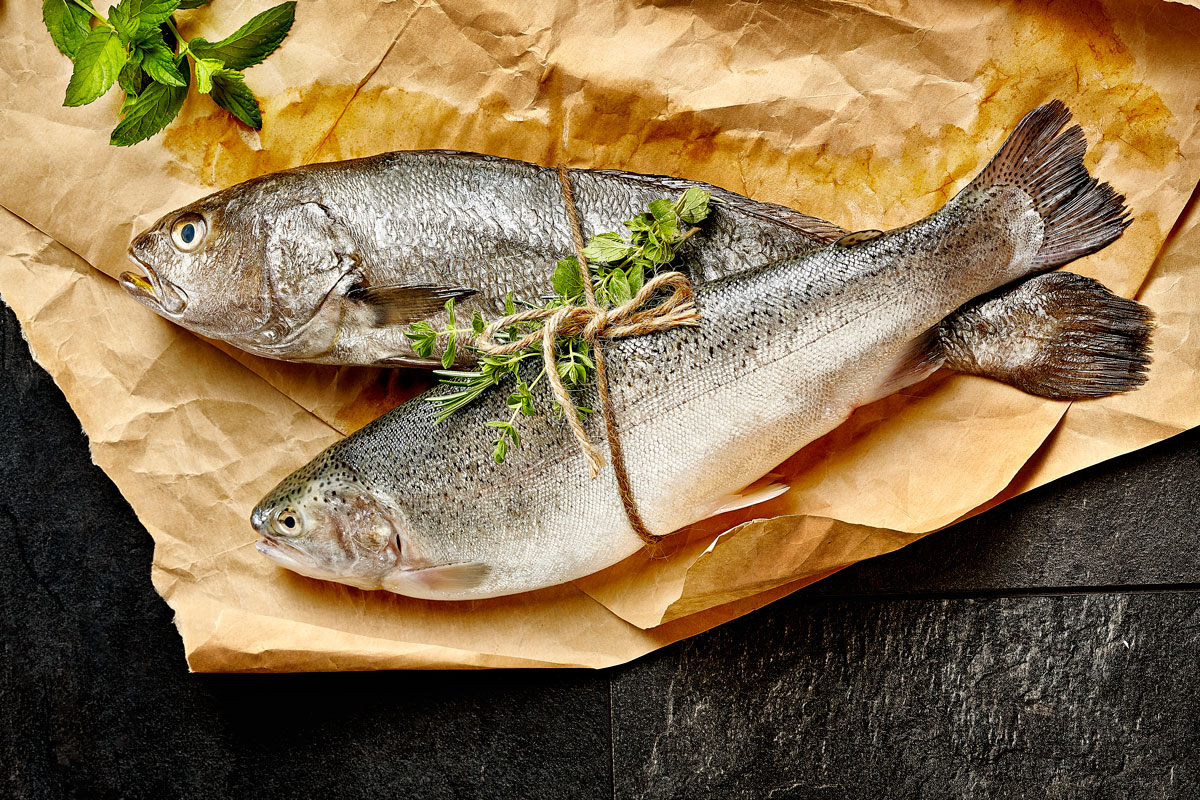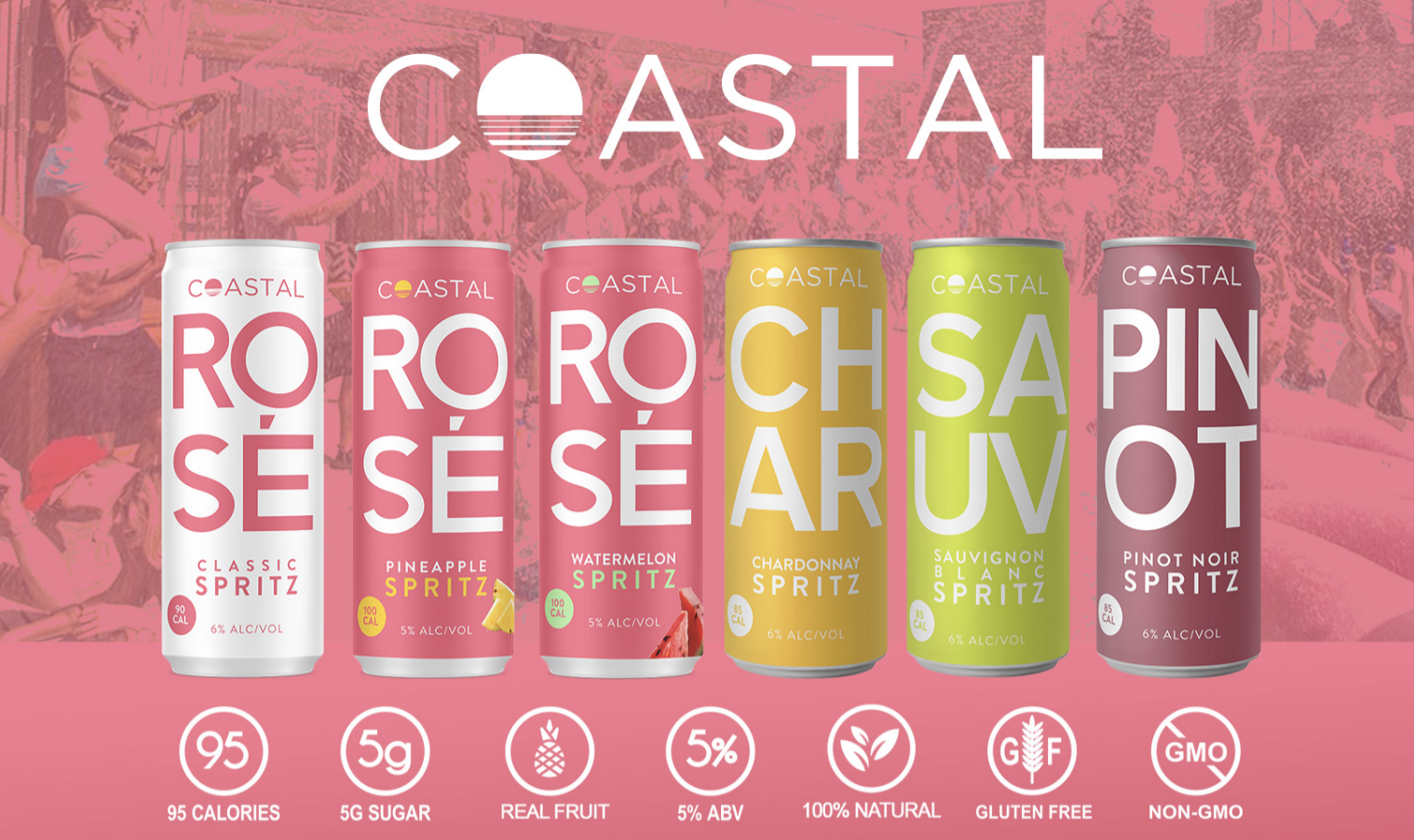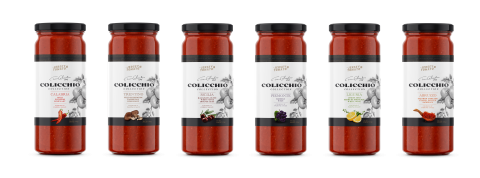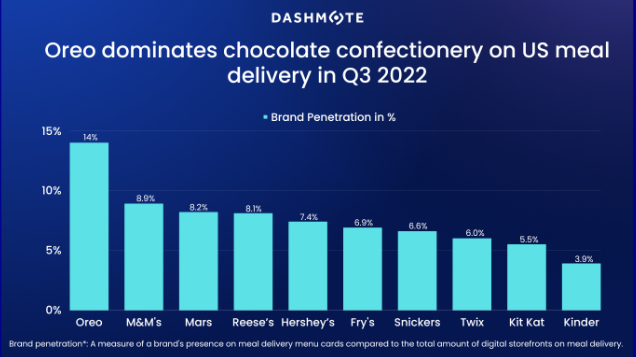fish of turkey is surrounded by four seas, including Mediterranean Sea, rich in diversity of fish species. Natural richness including inland resources provides a major advantage in having a large variety of aquatic species, mainly sea bass, gilt head bream, rainbow trout and bluefin tuna. Total annual fishery production of Turkey is over 540.000 tons, including fresh water production. The current fish farms are particularly located in the Aegean region and aquaculture facilities completely adapted to EC norms. Fresh and chilled fish export followed by mollusks, frozen fish, fish fillets, crustaceans, mollusks, octopus, baby clam, spider crab, lobster, jellyfish, squid, shrimp and cuttlefish.
Turkish Seafood: Fish Varieties of Turkey
Turkish aquaculture sector continues to intensify and diversify by investing in development of new species and modifying its systems and practices. With the target of supplying high quality egg throughout the year and developing new species, Turkey Aquaculture hatcheries are equipped with advanced technologies. In addition to eggs supplied from various wild catch brood stocks with the techniques of natural and photo period all year long, genetic selections of species are also practiced.
Fish go through various juvenile stages until reaching maturity. From eggs they hatch into larvae, which in turn carry a yolk-sack which is the source of continued nutrition. When the yolk-sack is depleted, the tiny fish must be capable of feeding themselves. At this point they are known as fry and pass-through various stages of development until grown to market-size. This development period is known at the juvenile stage and the smaller the fry the more sensitive, intensive care is required for satisfactory growth.
One of the keys to the attractive taste of the Turkish products is the care at juvenile stage. Healthy, well-fed juveniles, result in a quality of flesh that has enabled a global acceptance of these products. Manufactured feeds are an important part of modern commercial aquaculture, providing the balanced nutrition needed by fish of turkey. The feeds, in the form of granules or pellets, provide the nutrition in a stable and concentrated form, enabling the fish to feed efficiently and grow to their full potential. The special feeds used in Turkish Aquaculture sector are being produced by extruder technologies. The solubility period of the feed pellets is long enough for fish to recognize and consume the feed, thereby enabling stable nutrition.
The high up-take rate of the feed by the fish is not only nature-friendly, but by totally consuming the feeds there is no organic waste to degrade an aquatic environment. The key components of fish feed are fishmeal, fish oil, vegetable proteins, cereal grains, vitamins and minerals.
The contemporary Turkish seafood sector is giving utmost importance to hygiene and quality, for assuring quality of Turkish Seafood; physical, chemical, microbiological and organoleptic parameters are being checked continuously. Shelf life, flesh quality and residue analyses are rigidly controlled. All components the production; packaging and processing materials, ice used in packaging are being analyzed as a part of our standard procedures.
Read Also: Hard Hat Lounge in Las Vegas Announces New Owners – F & B
Producers within the Turkish seafood industry are obliged to conform to quality systems that minimizes environmental impacts of their activities and increases the efficiency of farming. With full compliance to EU and FDA Regulations as well. Our off-shore marine fish farming practices are one the world’s toughest legislation.
Mediterranean Sea Bass
With its high economic and nutritional value as well as its delicious taste, sea bass has a big share of the seafood world. Naturally growing in Marmara, Black Sea and Aegean Sea and farming in West and South-West coasts, sea bass takes its unique taste from deep seas and special feeding techniques. Grilled, baked and steamed are the most popular cooking styles in serving healthy and awesome tastes with sea bass.
Mediterranean Sea Bream
Worldwide in all cuisines, it is most popular choice of fish lovers. From Aegean to Mediterranean grows in all our seas and reach to its highest flesh quality. With its white meat and well-balanced fat levels it is the actor of good cooking experiences. It is the premium actor of our export markets with its big potential.
Rainbow Trout
Rainbow Trout is a widespread farmed species in the rich water courses of Central Anatolia. With this potential, Turkey is the biggest producer of Rainbow Trout. Specially smoked and frozen forms have a prominent share in the West European Export markets.
Bluefin Tuna
The most widely known species of Tuna fish in Turkey is Bluefin Tuna which has the highest economical value in world trade. Farming works are usually performed by fattening the individuals picked from the natural stocks. Tuna fish is the basic ingredient in receipt of traditional sushi and sashimi, therefore almost all of the tuna fish grown in Turkey are exported to Japan.








